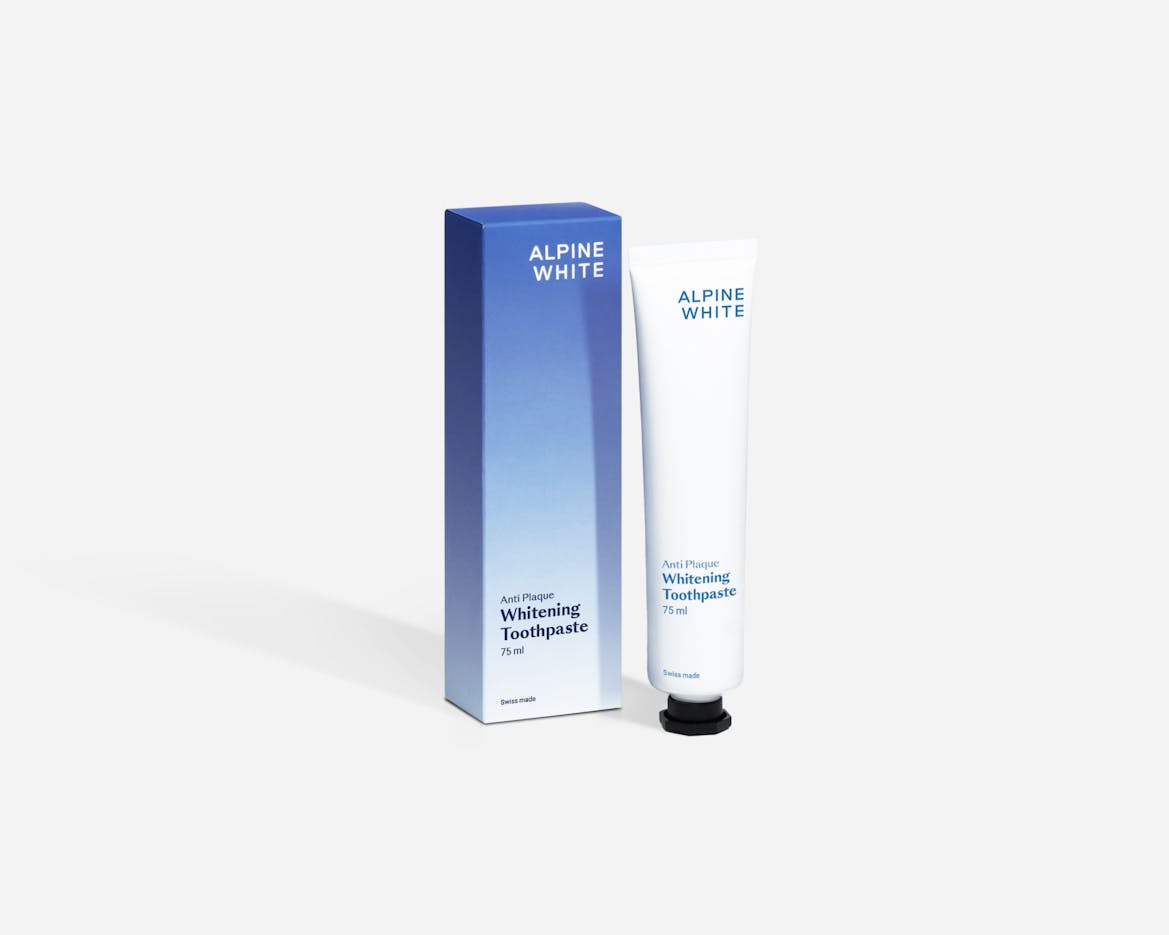What is caries?
You may have heard of dental caries, but do you really know what it is? In this blog post, you'll learn everything you need to know about caries, including its causes and prevention. Read on to find out more!



What is caries?
Caries, also known as tooth decay, is a serious problem that can lead to tooth loss. It is important to be proactive to prevent this disease of the teeth. A caries infection not only affects the appearance of your teeth but can also damage the tooth structure! The bacteria that cause tooth decay can hide in our smile and weaken the tooth structure, which can lead to dental problems. If you don't treat a tooth decay infection quickly, it can spread to other areas of your mouth and become harder to treat. This is why you should have regular check-ups - so that infections can be detected early and the necessary measures can be taken to protect your teeth from further damage.


Not sure about the health of your mouth? Thanks to our innovative intra-oral camera, we can give you a detailed overview and offer you the best possible individual routine.
- We check your oral health and hygiene
- Checking your teeth for cavities
- Composition of an individual routine
Risk factors
Tooth decay is one of the most common dental problems! It is caused by bacteria that live in our mouths and feed on the sugars and carbohydrates we eat, forming sticky layers on our teeth. These caries bacteria produce acid that eats further into the enamel to the nerve of the tooth, forming holes or cavities. The acid also lowers the pH in our mouths, creating a high caries risk for these bacteria to thrive and multiply, causing further damage to our teeth.
The different types of caries
There are different types of dental caries, here is an overview of the three main ones:
Tooth neck caries occurs most often in older adults who are struggling with receding gums. It occurs on the surface of the neck of the tooth.
Pit and fissure caries occur on the chewing surfaces of the molars. You can fight pit and fissure caries with the right brushing technique. However, these types of decay can quickly become a serious problem if you do not take good care of your oral hygiene.
Superficial decay occurs on the flat outer surfaces of teeth when bacteria are not removed and dental plaque builds up. It is most common for plaque to develop where there is no smooth surface. It can be found most commonly in cracks, around fillings and other dental work, between teeth, and near the gum line. People affected by this type of decay can treat it with regular and proper cleaning of the spaces between teeth and the use of fluoride toothpaste.
Early signs and symptoms of dental caries
Caries often occurs without warning. In the early stages (initial caries), no pain is felt, but you may notice white spots on your teeth. It slowly erodes the tooth enamel and increases the risk of serious damage. Prevention in the early stages is important, and if you recognise the signs of tooth decay, you can help your oral health. Some signs include tooth sensitivity when eating hot or cold foods and drinks, visibly discoloured teeth, toothache or a dry mouth.
Untreated tooth decay
If left untreated, caries can cause significant damage to your teeth. As the decay continues to grow, it will erode more of the enamel and expose deeper layers of the tooth. The bacteria that caused the decay will begin to spread into these layers, further weakening them and increasing your risk of infection. As it penetrates your dentin, you may feel pain when biting or chewing and discolouration occurs from the dental plaque build-up. If caries progresses unchecked, it can lead to serious dental problems such as abscesses or even the loss of a tooth if it is not treated in time.
How caries affects gums
Decay doesn't just affect your teeth, it can also damage your gums. As the bacterial infection continues to spread, it eventually reaches your gum line and causes an inflammation known as gingivitis (periodontal disease). This swelling of the gums can cause bleeding when brushing or flossing, pain in the mouth and an unpleasant taste. If left untreated, gum disease can develop, causing discomfort that can extend beyond the tooth root of the tooth and into the bone. It also leads to bone loss around the teeth and eventually even tooth loss.
Preventive measures
To prevent caries it is important to establish a daily dentistry routine. Taking care of your teeth doesn't have to be complicated. Brushing twice a day, flossing daily and regular dental checkups will help prevent cavities that occur with poor oral hygiene. Remember to brush all tooth surfaces and clean your interdental spaces. In addition, eating healthy snacks such as crunchy fruits and vegetables can increase saliva flow, which helps protect teeth by washing away sugary residues or bacteria that cause cavities. Hence, you should also try to avoid sugary drinks. Following these tips will help you maintain good dental health.
Treatment
Taking care of your teeth often requires special attention to treat tooth decay. Although regular brushing, mouth rinse and flossing are essential parts of any dental care routine, there is usually a time when tooth decay requires intensive intervention. In such cases, the best way to properly treat tooth decay is to have a detailed consultation with your dentist or healthcare provider. Your dentist will assess the degree of decay and suggest appropriate treatments such as dental fillings, fluoride treatments or crowns that help the restoration of your tooth. Root canal treatment is a necessary part of treating decay that has reached the innermost layers of the tooth. It involves removing the infected and decayed parts of the tooth to prevent further damage to the surrounding teeth and tissue. Root canal treatment usually requires several visits, starting with an x-ray to determine where and how deep the holes are.


Your solution for stubborn plaque. Whitening Toothpaste Anti Plaque is designed to remove plaque and whiten teeth at the same time. For daily gentle dental and oral hygiene.
- Removes stubborn stains and tartar
- Based on our clinically tested Whitening formulation
- Remineralizes the enamel and relieves existing tooth sensitivity
- Antioxidants for healthy gums
- ormulated and produced in Switzerland
Dental caries in children
Caries in milk teeth is a common dental problem in children because they are more susceptible than permanent teeth. It occurs when bacteria feed on the sugar in foods and drinks and produce acids that attack the enamel of the milk teeth. It is important that parents take extra measures to keep their child's teeth healthy.


For a healthy mouth and beautiful teeth, regular professional teeth cleaning is essential. Our specialists detect early signs of caries and prevent them.
- Personalised dental hygiene
- Gum check & caries control
- Painless cleaning with AIRFLOW
With Alpine White against caries
Early detection and good dental care is the best way to prevent tooth decay and other dental diseases. You can prevent them with our products and treatments. By brushing your teeth with our Toothbrush and Whitening Toothpaste you can ensure a healthy smile. Combined with regular dental check-ups and professional teeth cleaning at our Studio.



